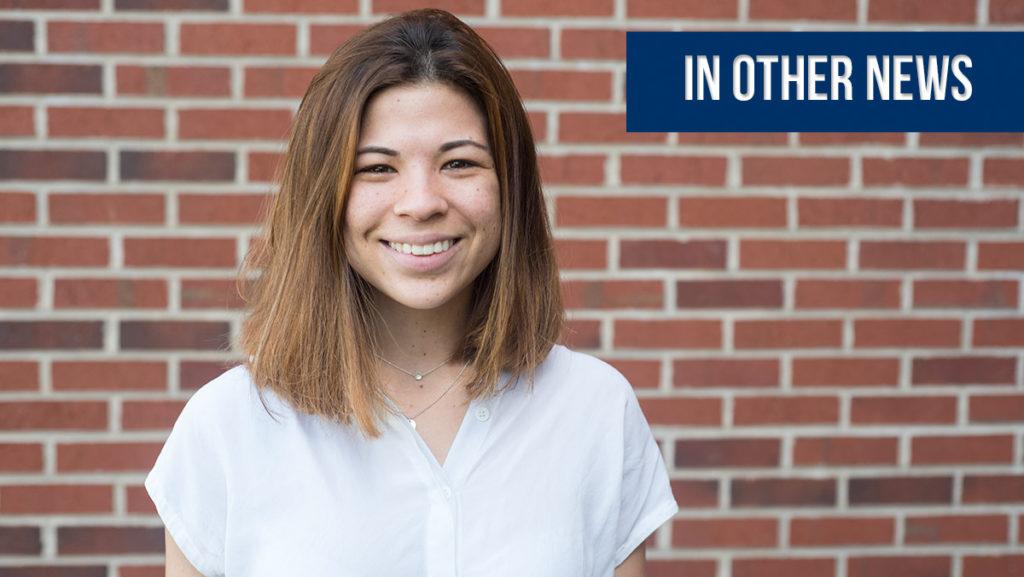On Feb. 8, CNN came out with a breaking news story on how the Venezuelan Embassy in Iraq was selling visas to terrorists.
I am surprised there were no outcries on my Facebook feed the next morning or that other media outlets did not pick up on the story. I thought the U.S. media was all about finding anything that could justify the War on Terror. Maybe I was wrong.
According to the CNN investigation, Misael Lopez, the former legal adviser to the Venezuelan Embassy in Iraq, came forward to talk about how people in the embassy were participating in a “scheme to sell passports and visas for thousands of dollars out of the embassy” to people he assumed were terrorists.
When CNN dug a little deeper, it found that from 2008 to 2012, there were 173 people from the Middle East who obtained Venezuelan passports and IDs, and among them, people who were connected to the terrorist group Hezbollah.
The all-around dismissal of CNN’s investigation might have to do with the fact that back in 2014, when the Islamic State was gaining strength, Hezbollah and the U.S. government had a common interest: not allowing ISIS to gain territory in Lebanon. This would be bad for both parties because the U.S. government did and does not want ISIS gaining strength and because Hezbollah’s most prominent military and political influence is in Lebanon, something that would be threatened if ISIS were to cross the border.
Right now, however, there seem to be certain issues between Hezbollah, the U.S. and Saudi Arabia in Lebanon — which makes me question even further why a story on the Venezuelan Embassy’s giving out millions of dollars’ worth of fake passports to Iraqi citizens is not more alarming.
Putting geopolitical issues aside and ignoring the illegality of the matter, we cannot assume that these visas were being sold only to terrorists, as the headline of the story suggests. Although the cost of these papers — sometimes reaching up to $10,000 — makes it obvious that rural regions deeply affected by war in the Middle East were not the intended customer base for the documents, there are still people affected by the conflict who come from a higher economic status. But a family’s safety should not be contingent on its income.
My biggest critique of this entire situation is honestly not the fact that U.S. media are ignoring the story, but the fact that Venezuela provided safety to the highest bidder and not those who needed it the most.




